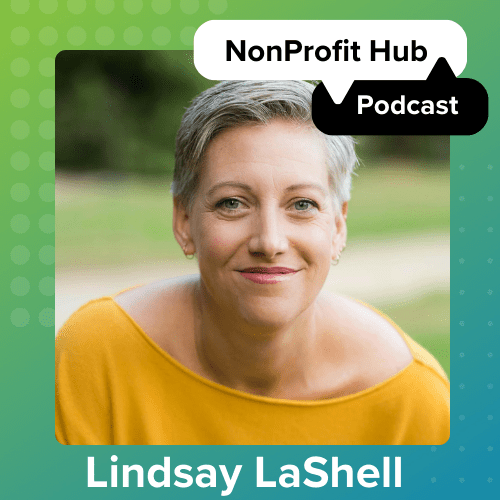Denise McMahan is a guest contributor for Nonprofit Hub, and is the founder and publisher of CausePlanet.org where nonprofit leaders devour Page to Practice™ book summaries, author interviews and sticky applications from the must-read books they recommend.
_____________
Author Simone Joyaux asks these questions: “How many times have you sat in a boardroom and wished you were someplace else? How many times did your wish relate to others in the room? Maybe some particular person?”
Joyaux acknowledges we’ve all been there. Perhaps the feeling occurs only in passing but what do we do when our feeling about a board member arises more frequently in response to a pattern of legitimately bad behavior?
Unfortunately, the author explains that too often we do nothing about it for a variety of reasons:
1. We don’t want to hurt anyone’s feelings.
2. We’re afraid of conflict or confrontation.
3. Volunteer work is supposed to be fun.
4. We’re all just volunteers so let’s avoid the challenging issues.
No matter the reason, Joyaux asserts we cannot compromise the organization’s quality due to a little discomfort or the loss of a bad board member’s donation. In short, it’s unacceptable.
Why? Because of the great costs to your cause in the areas of organizational integrity, delivery on mission impact, and ability to retain good board members, to name only a few.
There are no quick fixes or silver bullets for turning around bad board member performance. The good news is there are answers.
Board vs. Board Members
One of the strategies that I particularly liked in Joyaux’s Firing Lousy Board Members and Helping Others Succeed was her focus on the distinction between the individual and the group.
Joyaux emphasizes the critical importance of every board distinguishing between a collective board and its individual members. Each has a distinct role. The collective board makes the decisions, not necessarily unanimously, and presents a united front in supporting those decisions. It treats all board members equally, including the board chair, as no one board member is more important than another.
Joyaux provides a list of board responsibilities. A sampling of the list follows:
- Establish charitable contributions goals.
- Define board member performance expectations regarding fund development.
- Define values, mission, vision, and strategic direction.
- Ensure financial sustainability by adopting a budget and fund development plan and monitoring performance.
- Hire, appraise and fire the chief executive.
In contrast, the individual board members have different responsibilities. Some of their main responsibilities include:
- Attend board meetings.
- Engage in board conversation. (Silence is consent and is not acceptable.)
- Give a financial contribution.
- Help nurture relationships with donors and people interested in the cause.
- Help carry out fundraising activities.
- Ask strategic questions.
Keep evaluation of the board and individuals separate
By separating the individual trustee from the collective effort, it’s not only easier to establish accountability and volunteer job descriptions, the chair, and executive director can fall back on each line that describes the discretionary effort of each person rather than dilute someone’s lack of effort in the overall board’s outcomes.
In Firing Lousy Board Members, Joyaux explains how it’s imperative that you move quickly with underperforming board members because your cause deserves better. While she acknowledges this task is not always easy, this guide will provide what Joyaux calls helpful “recipes.” What’s more, Joyaux has done everything she’s suggested in this book—not only as a staff member but also as a board member and chair.






